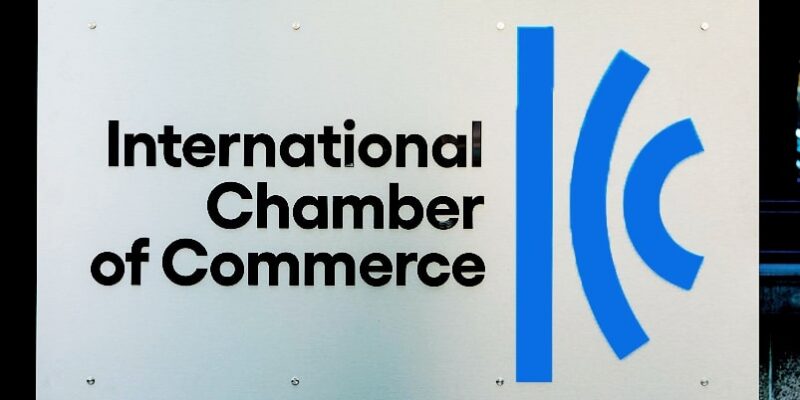Mediation and the Satir Categories
It’s been some time since my last post, and I hope readers will forgive the hiatus I took. For better or worse, I’m back! 🙂 Years ago, through my training in Neuro-Linguistic Programming, I learned about the word of systemic family therapist Virginia Satir. Satir was one of the original persons which NLP modelled and…

